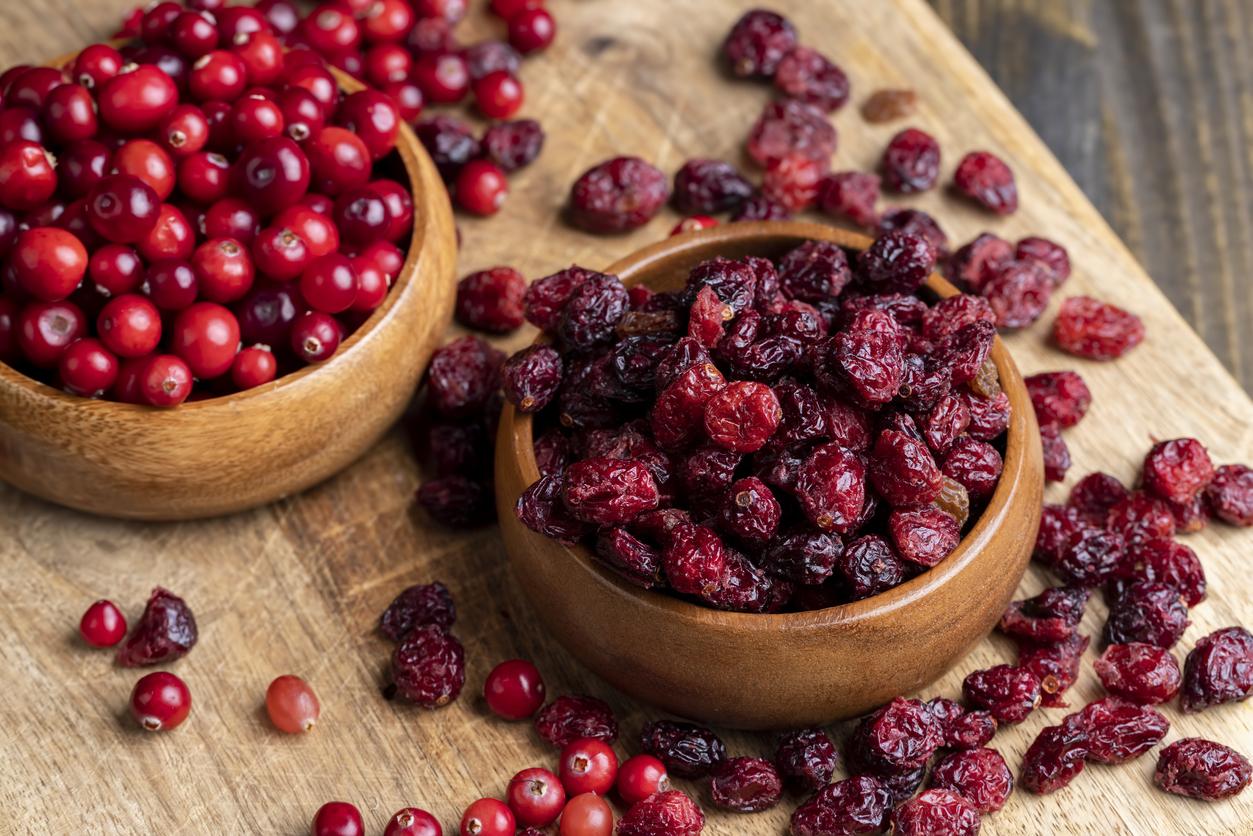
November 14, 2014.
According to a study conducted by a team of researchers from Yale University in the United States, cranberry, or cranberry in French, would not reduce the frequency of urinary tract infections, as has been revealed by numerous studies.
No proven effectiveness
The cranberry, a small berry native to Canada, has been used for many years by women prone to urinary tract infections.. However, according to a recent study published in the Journal of the American Medical Association, cranberries would have no impact on the healing of cystitis, which 50% of women suffer at least once in their life.
To achieve these results, the researchers followed nearly 150 women over the age of 60 for a year. Half of these women took a capsule of about 20 grams of cranberry every day, the other half took a placebo. Result: at the end of the experiment, 1 in 3 women had had a urinary tract infection, 12 women in the group who had taken a placebo and 10 in the group who had ingested cranberry capsules.
Don’t just trust cranberries!
” In the event of urinary problems, do not rely solely on cranberries to treat you: do not forget to consult a specialist who, if necessary, will prescribe antibiotics. ”, Explained the authors of the study. ” Self-medication is not always effective! Furthermore, poorly treated urinary tract infection can lead to kidney or circulatory problems : this should not be treated lightly. “
In June 2016, an American study revealed that drinking daily a 240 ml glass of cranberry juice reduced the risk of getting a urinary tract infection by 40%. An idea that was also widely used among women, especially in the United States. Self-medication is not to be condemned in itself, but in the event of a serious infection, it is imperative to go to the doctor at the risk of seeing his infection degenerate.
Read also: 5 tips to fight against cystitis












